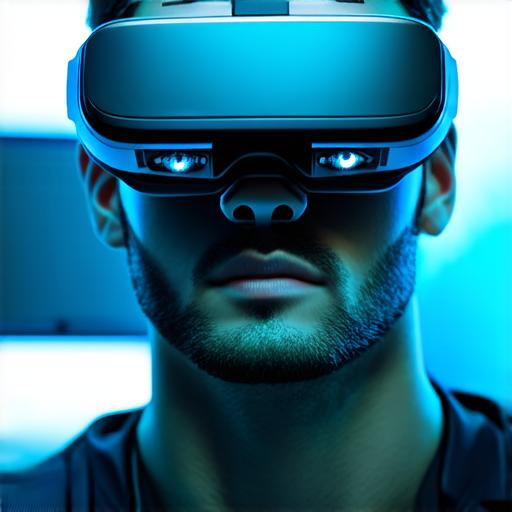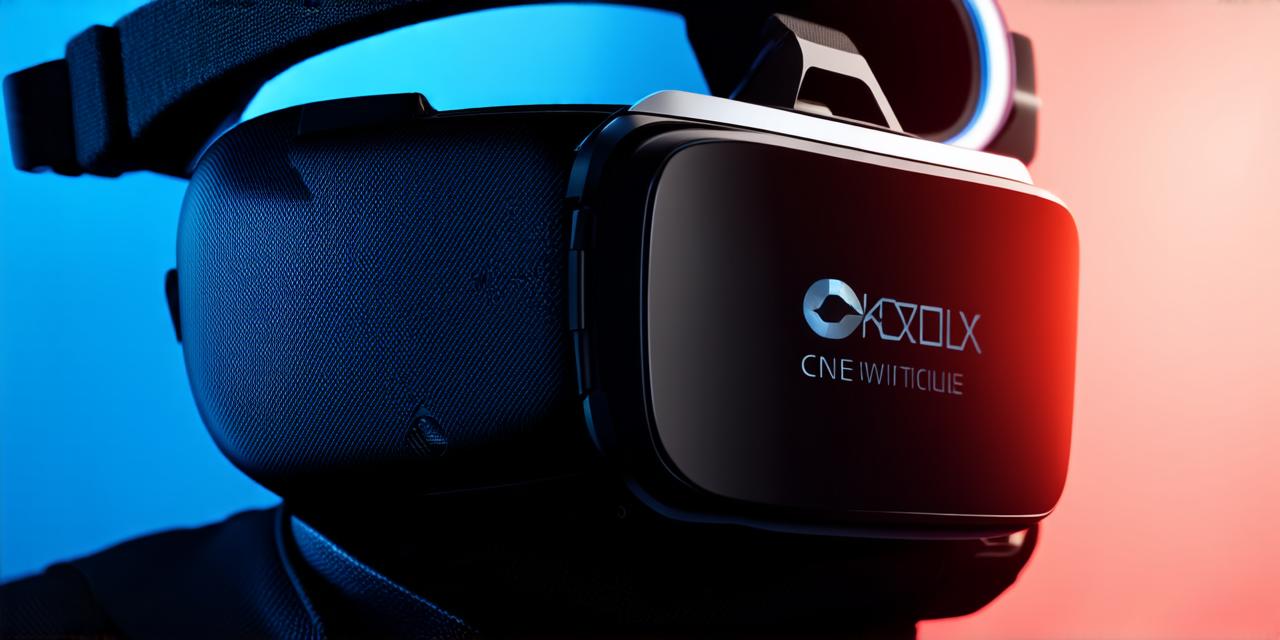Virtual Reality (VR) technology has become increasingly popular in recent years, with its applications ranging from gaming and entertainment to education and healthcare. VR allows users to experience immersive digital environments that simulate real-world scenarios or create entirely new worlds.
While the potential benefits of VR are numerous, concerns have been raised about the impact of VR on eye health. In this article, we will explore the research and evidence available on the topic, examine the potential risks and benefits of using VR, and provide practical tips for minimizing any negative effects on your eyesight.
Potential Risks of VR on Eye Health

One of the primary concerns about VR is that it may cause motion sickness or discomfort in some users. Motion sickness can be caused by the mismatch between what a user sees with their eyes and what they feel in terms of movement, leading to dizziness, nausea, and headaches. However, this effect is usually temporary and subsides once the VR experience ends. It’s important for users to take regular breaks during VR use to rest their eyes and prevent eye strain.
Another potential risk associated with VR is that it may cause eye strain or dryness. This can be due to the prolonged use of VR devices, which require users to focus on a small screen for extended periods. It can also be caused by the lack of natural light exposure while using VR, leading to discomfort and fatigue. To minimize this effect, users should adjust the brightness and contrast settings on their VR device and take frequent breaks to rest their eyes.
In some cases, VR can also cause temporary changes in eye tracking or peripheral vision. This can be due to the immersive nature of VR, which can lead users to become so absorbed in the virtual environment that they lose track of their surroundings. However, these effects are usually minor and temporary.
Potential Benefits of VR on Eye Health
Despite the potential risks associated with VR, there are also several potential benefits for eye health. For example, research has shown that VR can improve visual acuity and contrast sensitivity in older adults. This can be particularly beneficial for individuals who have age-related macular degeneration (AMD), a common cause of vision loss in older adults.
In addition, VR can also help to treat conditions such as phobias or anxiety disorders by providing exposure therapy in a controlled environment. This can be particularly helpful for individuals who are unable to confront their fears in real life.
Other potential benefits of VR on eye health include improved depth perception and spatial awareness, which can be particularly useful in activities such as driving or sports. VR can also help to train and improve visual abilities in individuals with certain medical conditions, such as glaucoma or cataracts.
Practical Tips for Minimizing Negative Impacts on Eye Health
- Take frequent breaks: It is important to take regular breaks during VR use to rest your eyes and prevent eye strain. Every 20 minutes, look away from the screen and focus on a distant object.
- Adjust the brightness and contrast settings: You can adjust the brightness and contrast settings on your VR device to reduce eye strain and discomfort. It is also important to avoid using VR in a dimly lit room or with low lighting conditions, as this can cause strain on the eyes.
- Use natural light exposure: When possible, use natural light exposure while using VR to help maintain healthy vision and prevent eye dryness. This can be particularly beneficial when using VR for extended periods of time.
- Choose high-quality VR devices: It is important to choose high-quality VR devices that are designed to minimize eye strain and fatigue. Look for devices with adjustable settings and a comfortable headset design.
- Consult an optometrist: If you experience persistent eye discomfort or strain while using VR, it is important to consult with an optometrist to determine the best course of action. They may recommend adjusting your VR settings or prescribing eyewear to help alleviate any negative effects.
In conclusion, while there are potential risks associated with VR on eye health, these risks can be minimized through proper use and care. The potential benefits of VR on eye health include improved visual acuity, contrast sensitivity, depth perception, and spatial awareness. By following practical tips such as taking frequent breaks, adjusting brightness and contrast settings, using natural light exposure, choosing high-quality VR devices, and consulting an optometrist when necessary, users can minimize any negative effects on their eyesight and enjoy the benefits of VR technology without any risk to their eye health.
